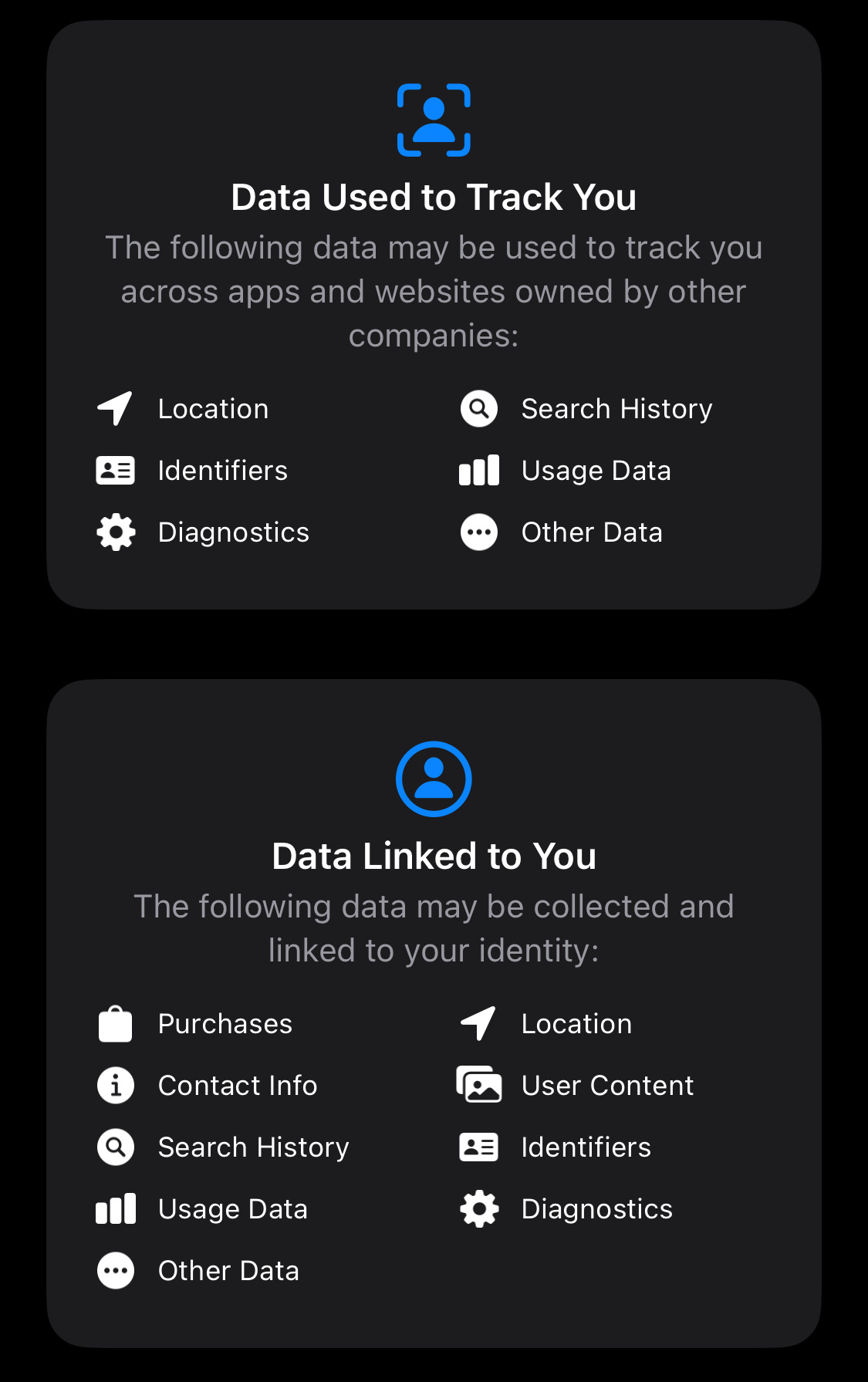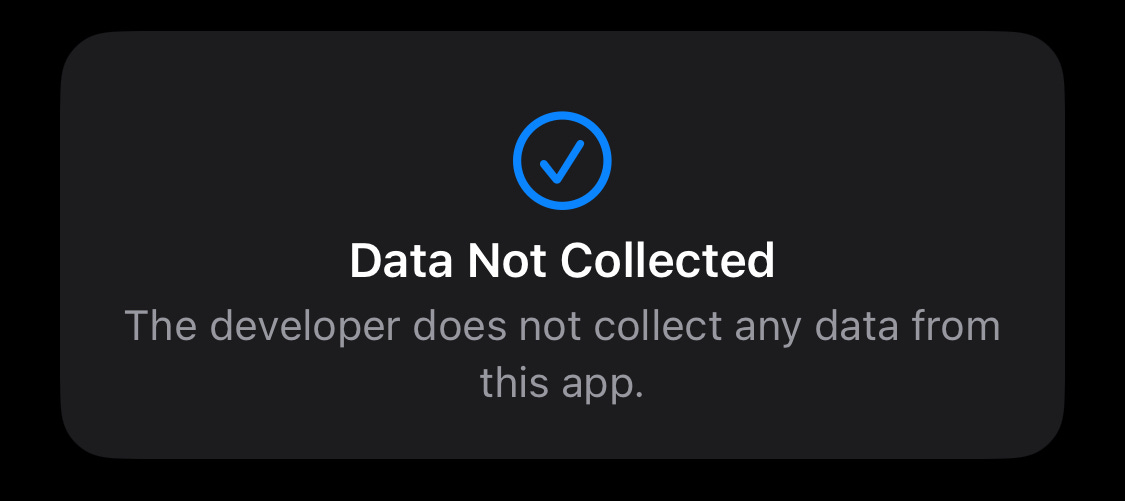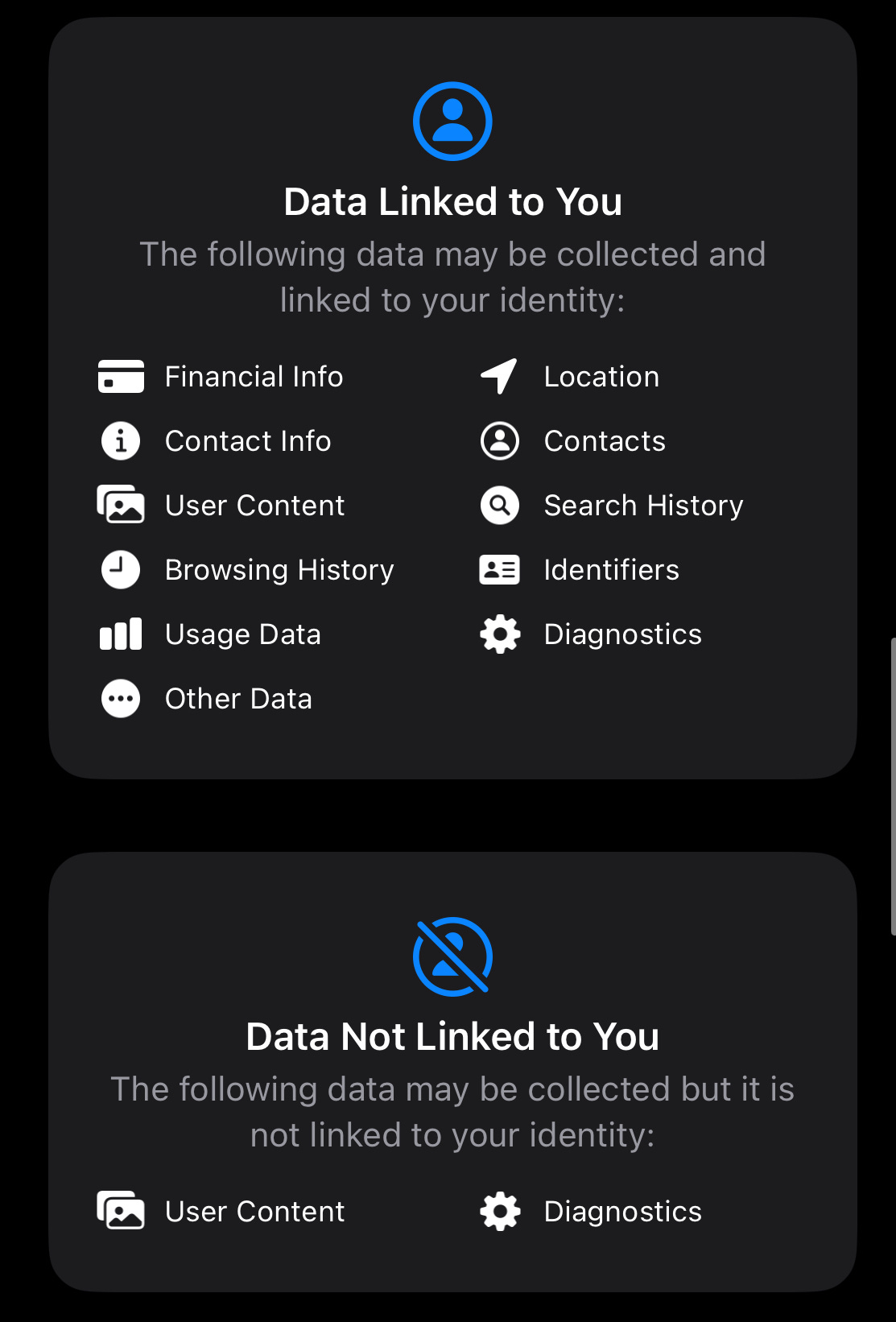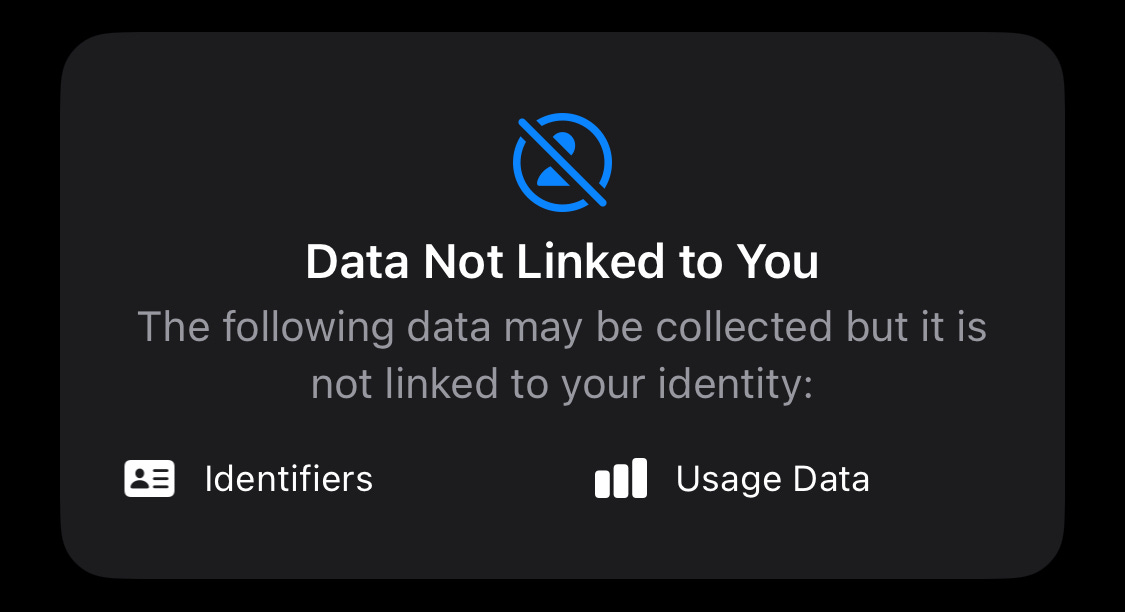How to protect your personal info
How to stay safe in an age of increased data breaches and hacks

Good morning!
November 30th is National Computer Security Day.
In fact, back in 2022 - on National Computer Security Day - I shared some thoughts about keeping yourself and your information safe:
This year, rather than wait until the end of November, I wanted to share some updated thoughts and information.
Today’s essay is prompted by the 3 separate messages I’ve received from different clients in the last couple of weeks expressing concern about recent data breaches and asking about how best to protect themselves.
But first, while many of us often use words like privacy and security interchangeably, they’re actually different concepts.
See this article for more details:
Here’s the summary:
Computer security and privacy often overlap; however, they do pertain to two different things. Privacy is your personal information and how you allow it to be accessed and viewed. In contrast, security is the protection of this data and information. When you download a new app on your smartphone, you are often asked to agree to a privacy policy. This policy will detail what information the app is going to collect and how it will be used. It is up to you to decide if you agree to the terms or not. With security, the goal is to safeguard your data and information, often through cybersecurity products and measures. Cybersecurity deals with deflecting unauthorized access to your data through leaks or breaches using security technologies and tools.
For instance, here’s a screenshot of the “App Privacy” section of The Weather Channel app on an iPhone:
While I can’t speak to the security of this app, I can confidently say it isn’t prioritizing your privacy.
And I’m not picking on The Weather Channel.
Most - but not all - of the apps on our phones operate in a similar fashion and make money by selling our data.
On the other end of the privacy spectrum, see the “App Privacy” overview for Hello Weather:
Your web browser needs to be secure.
But is it private?
Google Chrome - the most used browser in the world - sure isn’t:
The Brave browser does much better:
But as you might have guessed, I’m not here simply to discuss the privacy practices of weather apps or web browsers.
Here’s one of the emails I received from a client recently:
I’m concerned because our information is reportedly in another data breach like the one attached. Last week it was my ss # was found to in the dark web.
We have had our credit frozen for years now. Can you recommend any other steps to take? Should we change our email address?
And my reply:
As long as your credit is frozen, you're in good shape in terms of protecting your identity and avoiding use of your information.
Additionally, I recommend going here and having you and XXXXX each pull all of your credit reports and review them for anything that looks strange: https://www.annualcreditreport.com/index.action
Good idea to review your credit reports at least annually. The site above is the only official site where you can do this completely for free.
Hope this helps. Let me know if you have further questions about this or need anything else
In addition to requesting and reviewing your 3 credit reports once a year, the site linked above now offers free weekly monitoring:

For some additional suggestions, please see this recent email newsletter from my friend and colleague, Alicyn McLeod:
When it comes to freezing your credit, I recommend doing it yourself - for free - with each of the 3 main credit reporting agencies:
Each of the 3 links above will take you to the credit freeze page for each company.
However, if you prefer the convenience of a single point of contact, you can look to paid services like Lifelock.
And if you’d like yet another solution to help with both your privacy and security, check out Privacy.com.
They offer “virtual” credit cards which you control and can allow you to never have to use your actual credit card number online again.
Click here to learn more about what they are and how they work.
My firm and I do everything we can to keep your private information safe and secure.
If I’m ever sending sensitive information to you, I’ll do it via secure, encrypted email.
And if I’m requesting private information from you, I’ll ask that you upload it securely to my dropbox instead of using email.
And as I wrote in November, 2022, I strongly encourage you to use a password manager.
These password tools will make it easy to avoid using the same password across multiple websites and apps, plus they can help you generate, remember, and auto-fill complex, hard-to-hack passwords like “ebk9p?w_rbh7AZC-3gv”.
Don’t leave your financial plan or your life vulnerable to security and/or privacy risks where you can avoid it.
Let me know if you have questions about this important topic.
Are there any security or privacy tips you’ve used and found helpful?
Links & Things
Estate planning is about much more than beneficiary designations and your last Will and testament.
Think of all the family stories, experiences, and other rich history that is rarely preserved and passed down.
Thankfully, there are solutions to help with this facet of your estate planning.
Check out:
These 2 tools facilitate the turning of family memories into a family keepsake that can be passed down through generations.
I’ve never used either but am intrigued by the idea and plan to look into using these to capture more of my parents’ lives.
Thought this may be something you’d find interesting too!
Any additional thoughts? Suggestions?
Hit reply or leave a comment and share what’s on your mind…
Until next Wednesday,
Russ






